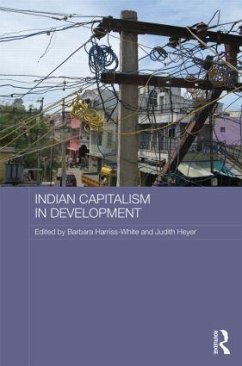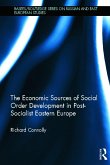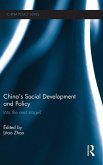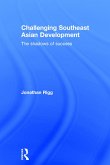Recognising the different ways that capitalism is theorised, this book explores various aspects of contemporary capitalism in India. Using field research at a local level to engage with larger issues, it raises questions about the varieties and processes of capitalism, and about the different roles played by the state. With its focus on India, the book demonstrates the continuing relevance of the comparative political economy of development for the analysis of contemporary capitalism. Beginning with an exploration of capitalism in agriculture and rural development, it goes on to discuss rural labour, small town entrepreneurs, and technical change and competition in rural and urban manufacturing, highlighting the relationships between agricultural and non-agricultural firms and employment. An analysis of processes of commodification and their interaction with uncommodified areas of the economy makes use of the 'knowledge economy' as a case study. Other chapters look at the political economy of energy as a driver of accumulation in contradiction with both capital and labour, and at how the political economy of policy processes regulating energy highlights the fragmentary nature of the Indian state. Finally, a chapter on the processes and agencies involved in the export of wealth argues that this plays a crucial role in concealing the exploitation of labour in India. Bringing together scholars who have engaged with classical political economy to advance the understanding of contemporary capitalism in South Asia, and distinctive in its use of an interdisciplinary political economy approach, the book will be of interest to students and scholars of South Asian Politics, Political Economy and Development Studies.
Hinweis: Dieser Artikel kann nur an eine deutsche Lieferadresse ausgeliefert werden.
Hinweis: Dieser Artikel kann nur an eine deutsche Lieferadresse ausgeliefert werden.








